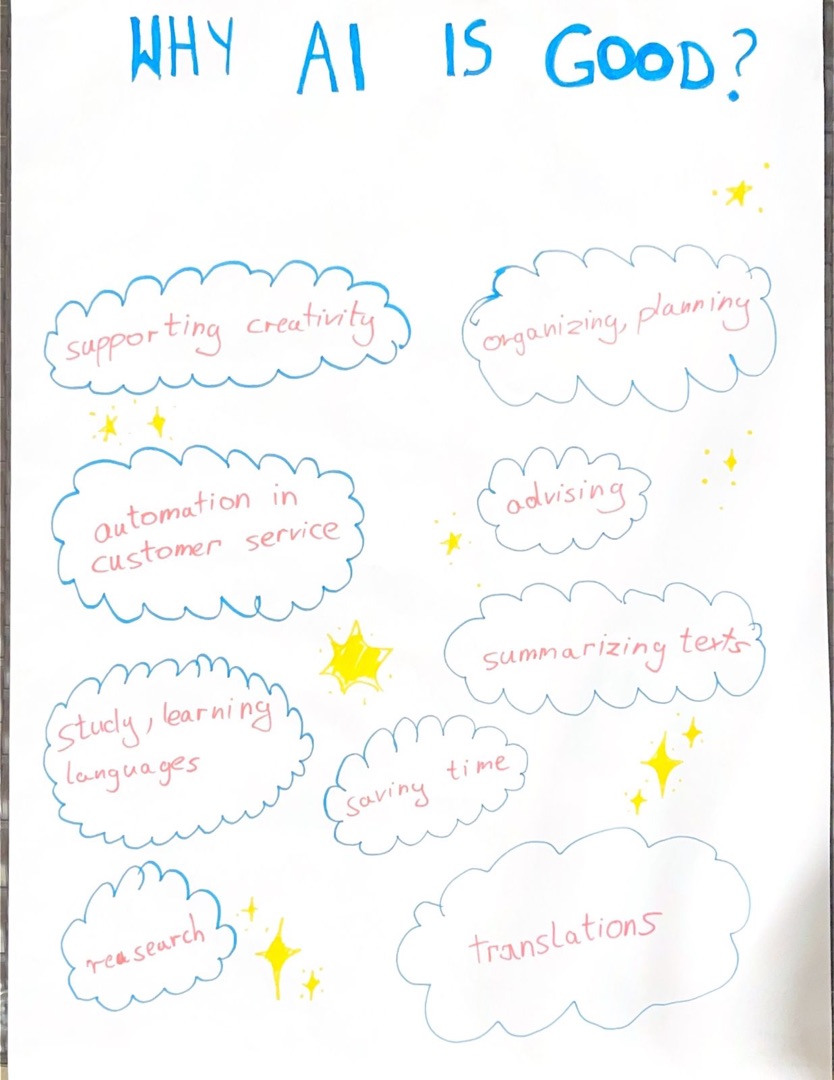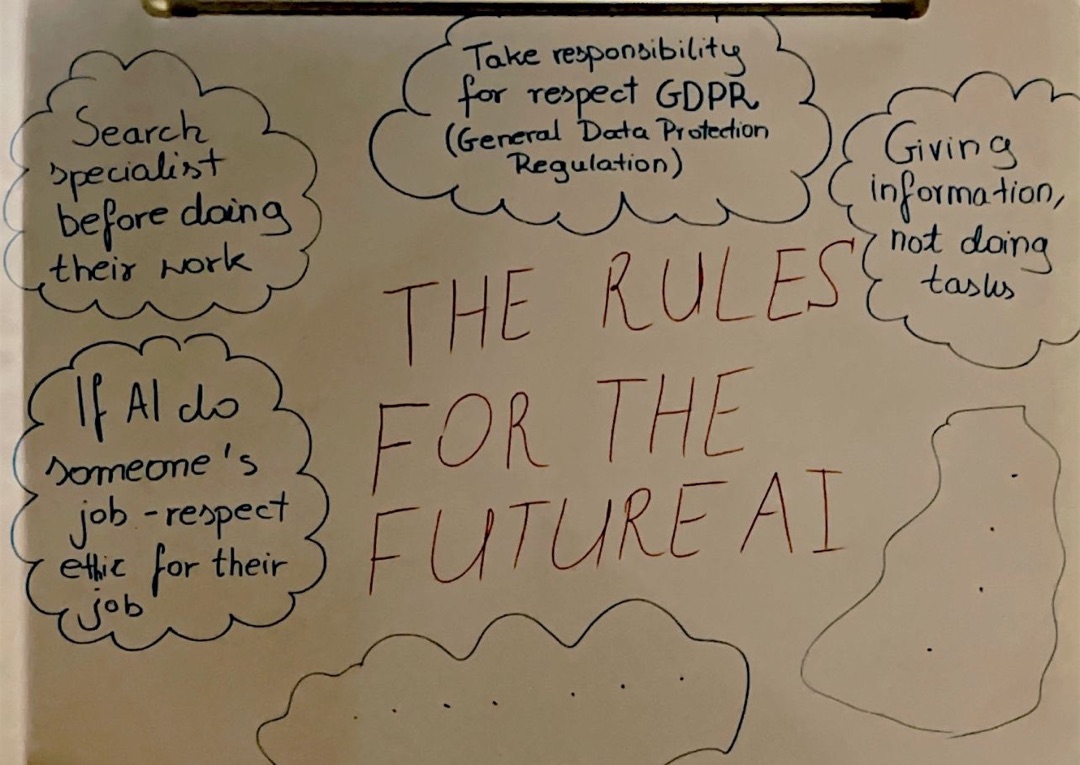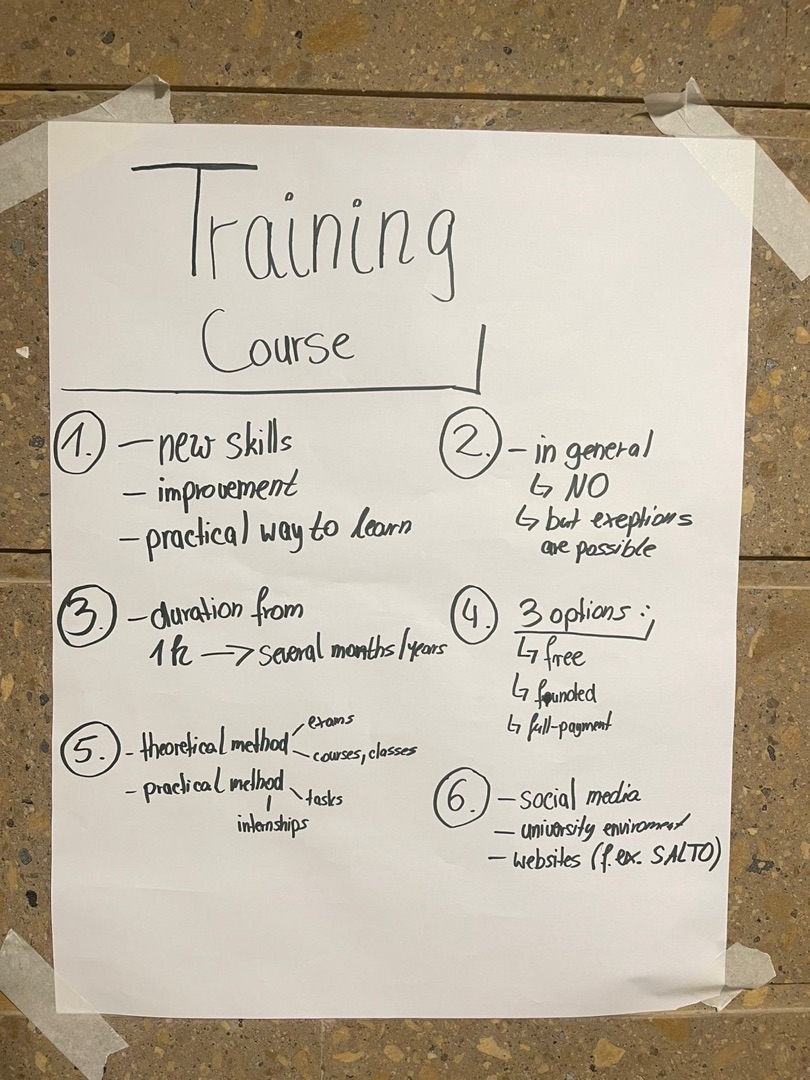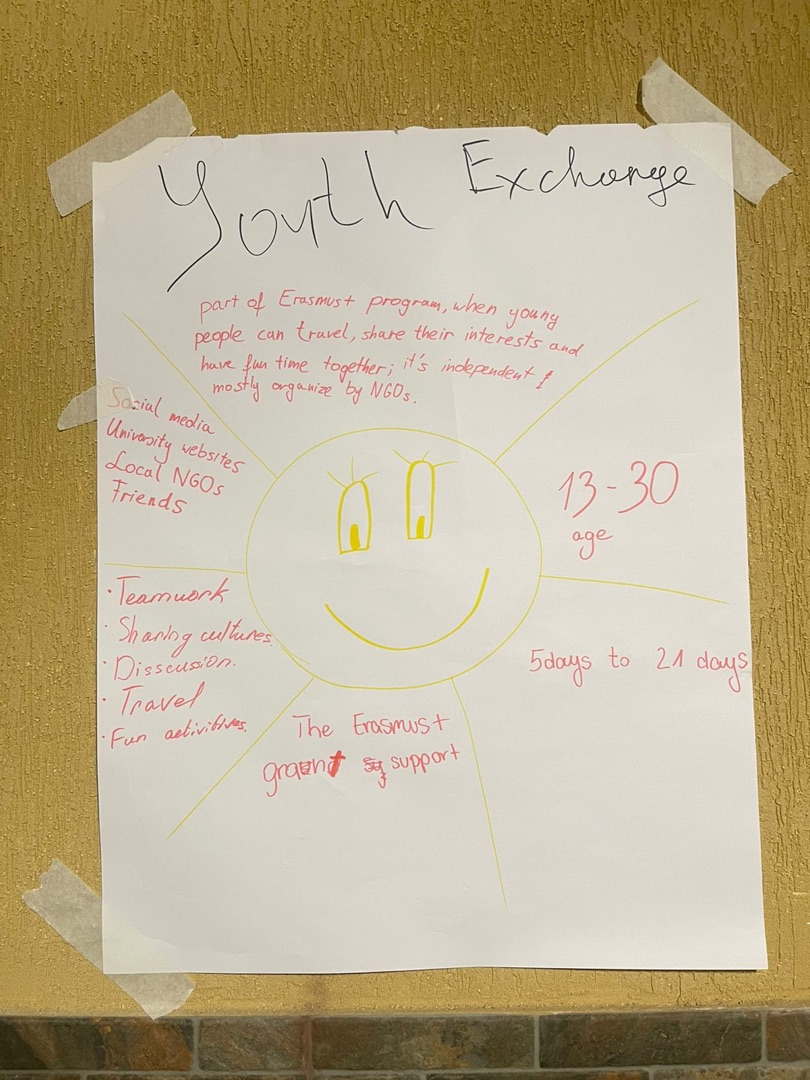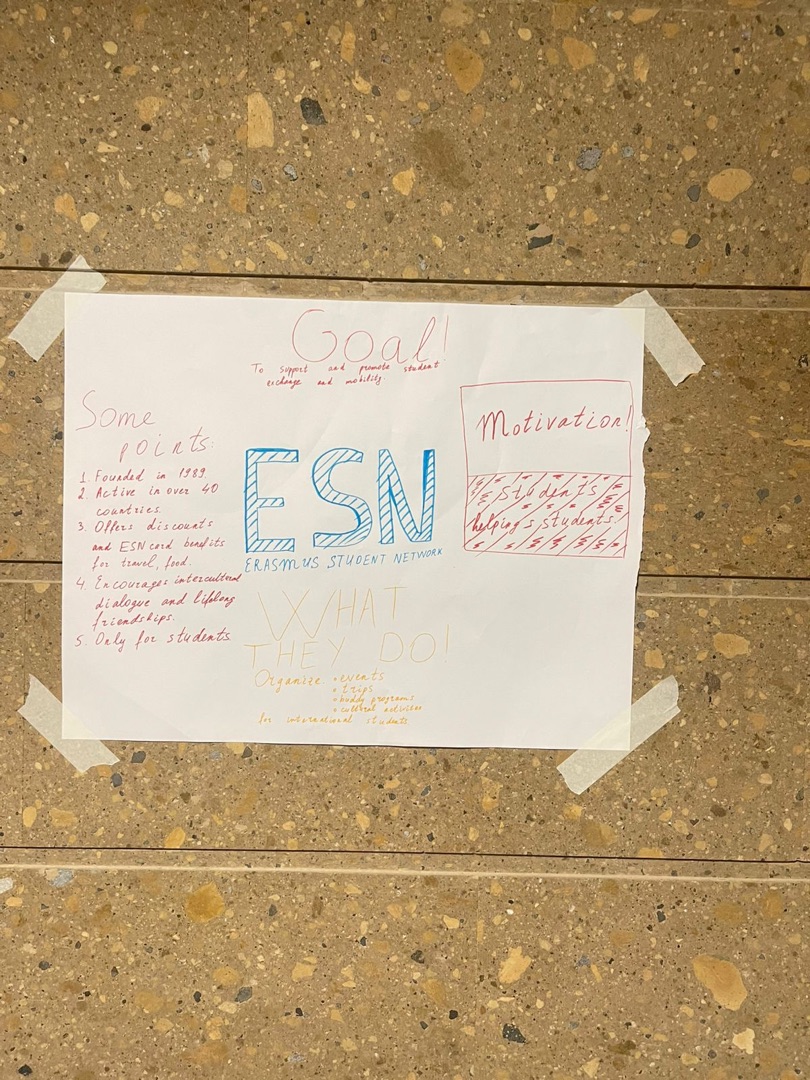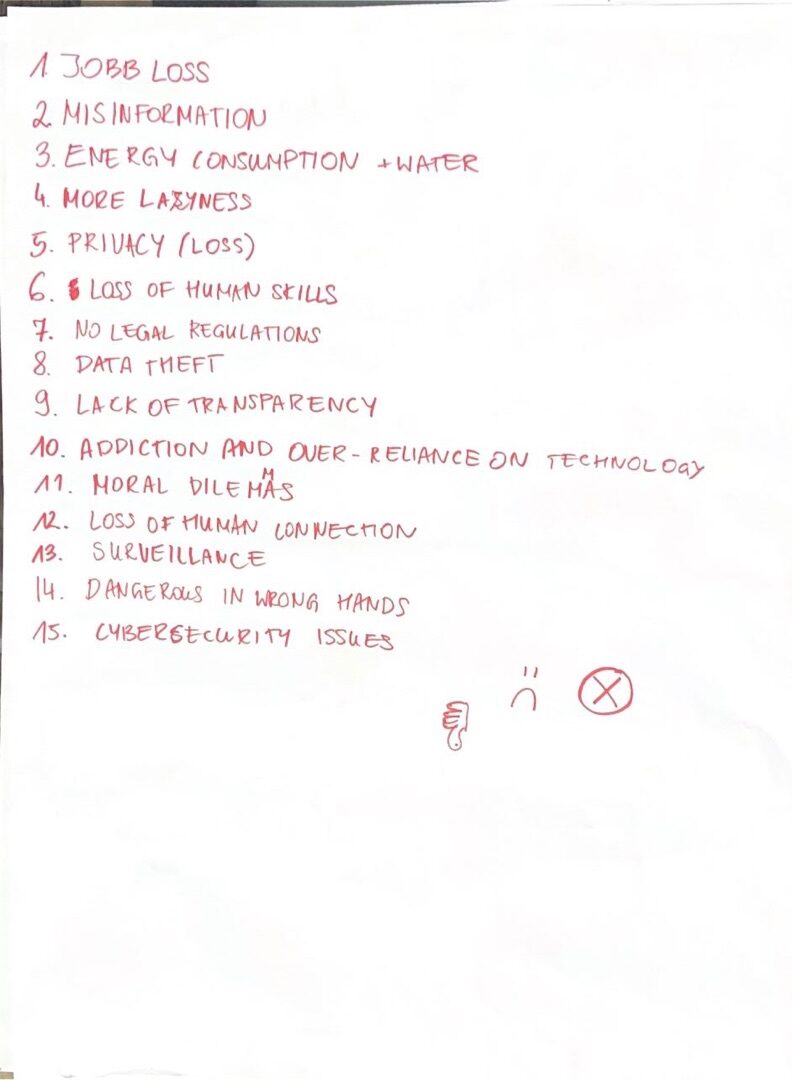Green AI Skills: Change Through My Lens
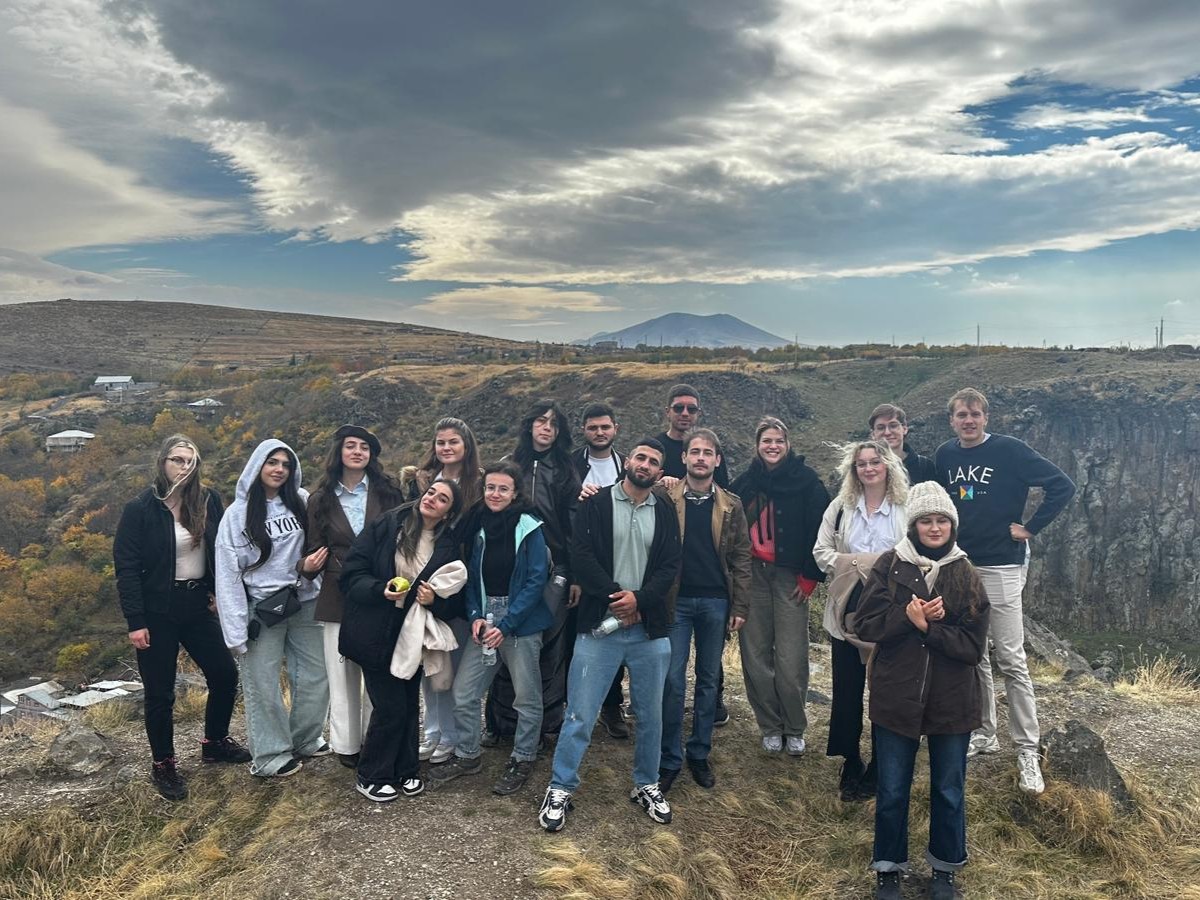
„Green AI Skills: Change Through My Lens” to tygodniowa wymiana młodzieżowa, podczas której młodzi z Polski i Armenii uczyli się, jak wykorzystywać narzędzia sztucznej inteligencji dla zrównoważonej przyszłości. W Tsaghkadzorze pracowaliśmy warsztatowo z AI, rozmawialiśmy o etyce i przekładaliśmy „zielone” idee na konkretne działania. Projekt zrealizowano w ramach programu Erasmus+.
Kluczowe informacje
O co chodziło w projekcie
- Główny temat: praktyczne użycie AI (grafika, wideo, lektor) do wspierania zrównoważonego rozwoju, zielonych innowacji i inicjatyw młodzieżowych.
- Cele edukacyjne: rozwój zielonych kompetencji i świadomości ekologicznej poprzez pracę z narzędziami cyfrowymi; ćwiczenie współpracy międzykulturowej i wielojęzyczności; projektowanie mini-kampanii „Green AI”.
Jak pracowaliśmy (metodyka)
- Uczenie przez działanie: mini-wprowadzenia → ćwiczenia → feedback → iteracje. Zespoły tworzyły prompty, scenariusze, nagrania i krótkie formy wideo.
- Podejście projektowe: każdy zespół przygotował finałowy materiał wideo o sustainability; po prezentacjach odbyła się otwarta dyskusja.
- Inkluzywność: praca w parach międzykulturowych, rotacja ról (research, scenariusz, montaż, prezentacja) i wspólnie wypracowane zasady bezpiecznej współpracy.
Najważniejsze punkty programu
- Integracja i team-building: icebreakery (m.in. „Name & Movement Circle”, „Human Bingo”), energizery i wieczorne aktywności budujące zaufanie.
- Erasmus+ w praktyce: przegląd Wymian Młodzieżowych, Kursów Szkoleniowych i ESC, wymiana doświadczeń i wskazówki dla początkujących.
- Etyka AI: „Good AI vs Bad AI” z przykładami deepfake’ów i wypracowaniem zasad odpowiedzialnego użycia – transparentność, prywatność i AI jako wsparcie pracy człowieka.
- Sustainability day: wspólne definiowanie pojęcia, quiz Kahoot i prezentacje krajowe z dobrymi praktykami.
- Laboratoria narzędzi AI: Midjourney (grafika), Veed.ai (animacja), 11Labs (voice-over) – łączenie narzędzi w spójny proces tworzenia.
- Finał – AI Video Challenge: cztery zespoły przygotowały i zaprezentowały krótkie filmy o zrównoważonym rozwoju, a następnie zebrały informację zwrotną.
Czego nauczyli się uczestnicy
- Kompetencje cyfrowe: cały mini-pipeline produkcyjny (obrazy → animacja → dźwięk) i odpowiedzialne korzystanie z mediów.
- Kompetencje środowiskowe: przekład wiedzy o klimacie na codzienne nawyki i lokalne mikro-kampanie.
- Kompetencje społeczne: współpraca międzykulturowa, komunikacja, podział ról i prezentacje publiczne.
Program dzień po dniu
Pobierz harmonogram (PDF)Partnerzy
- Armenia — Youth Progressive Community (YPC) — organizacja goszcząca (program lokalny, logistyka). Instagram: youth_progressive_community
- Polska — Zielone Śląskie — partner wysyłający, przygotowanie i opieka nad zespołem PL. Instagram: @zieloneslaskie
Galeria
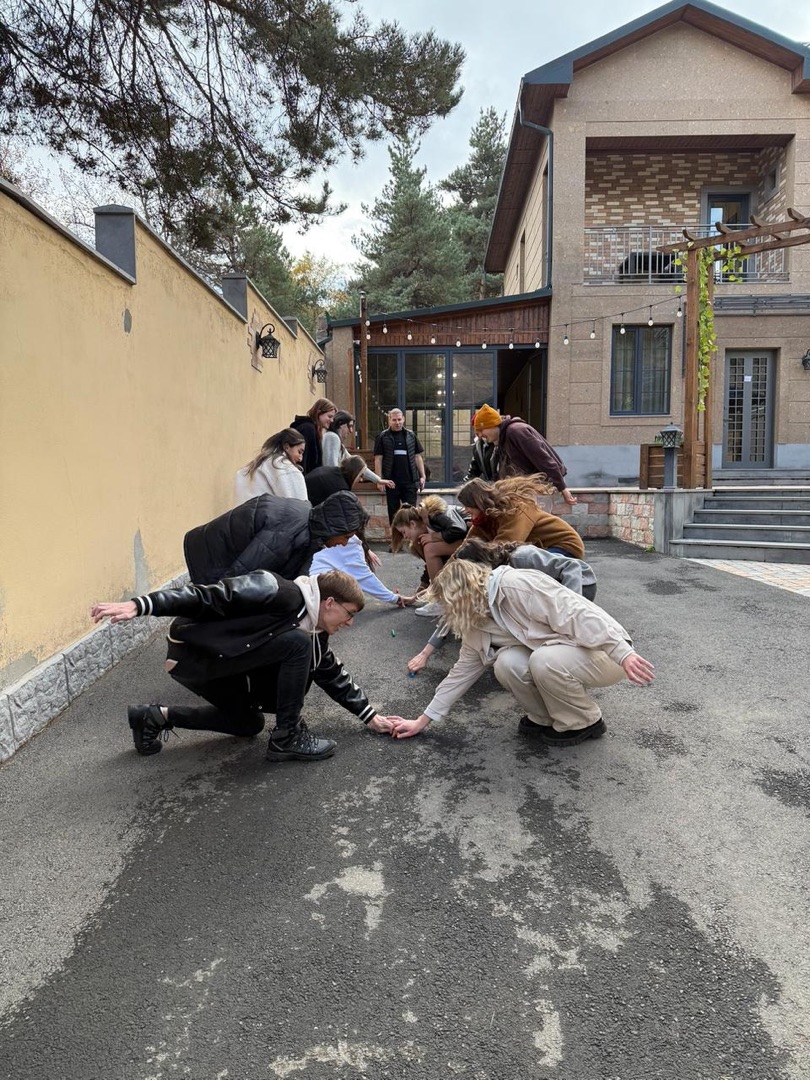
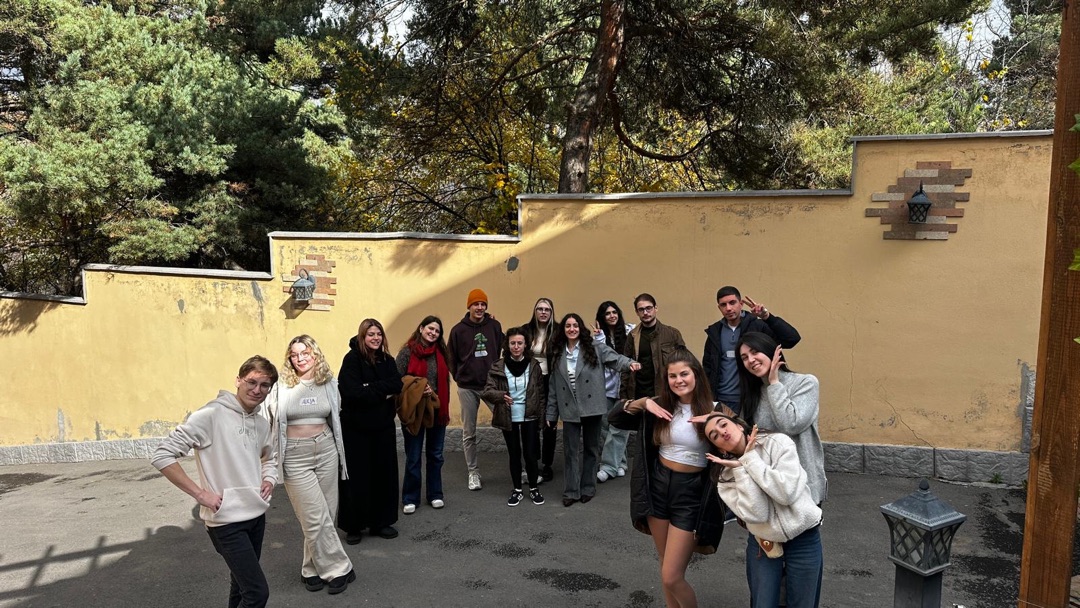
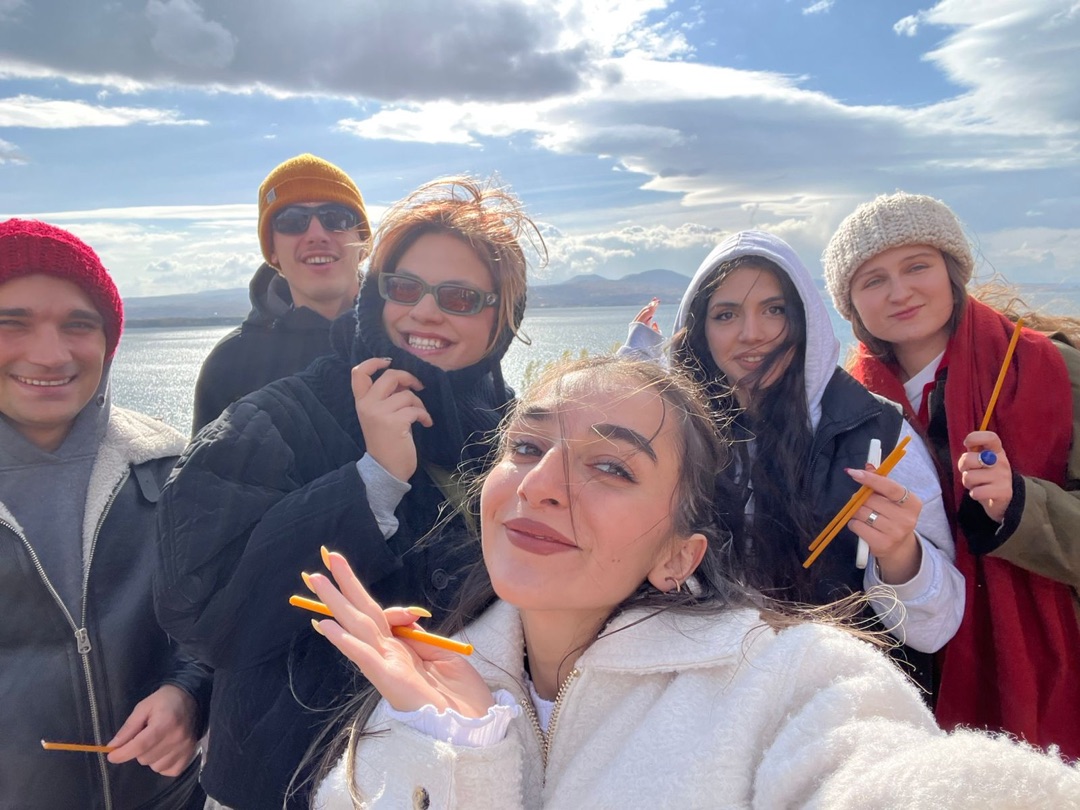
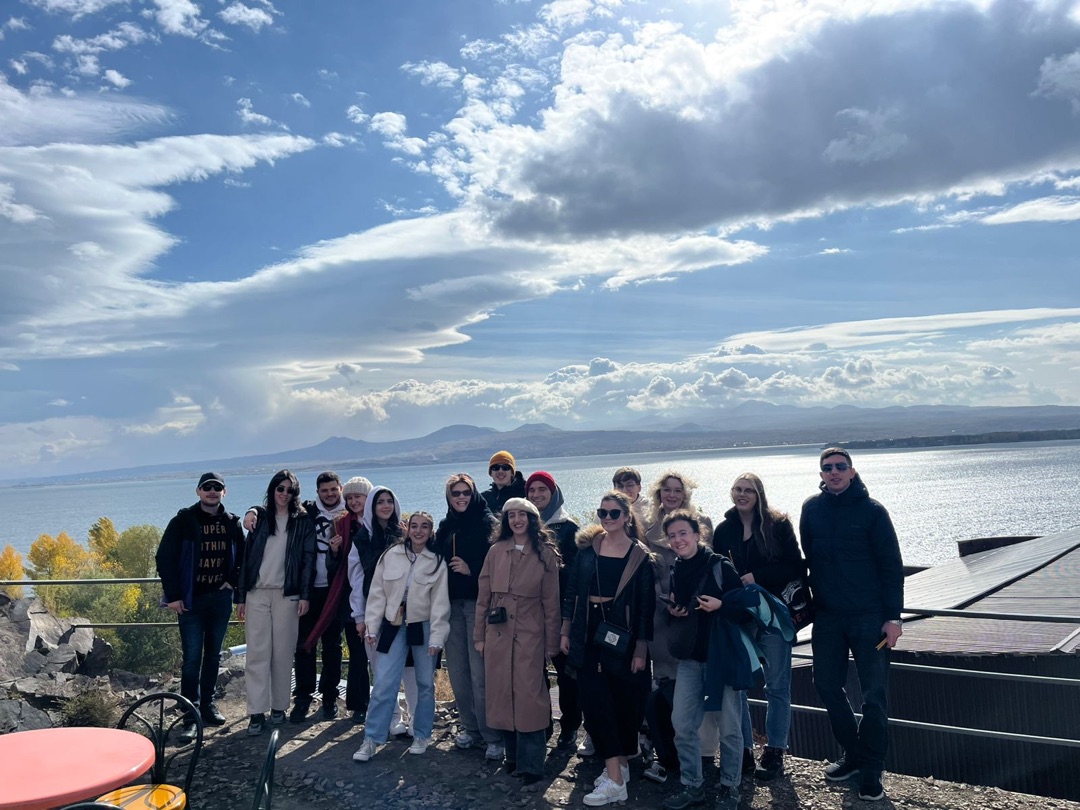
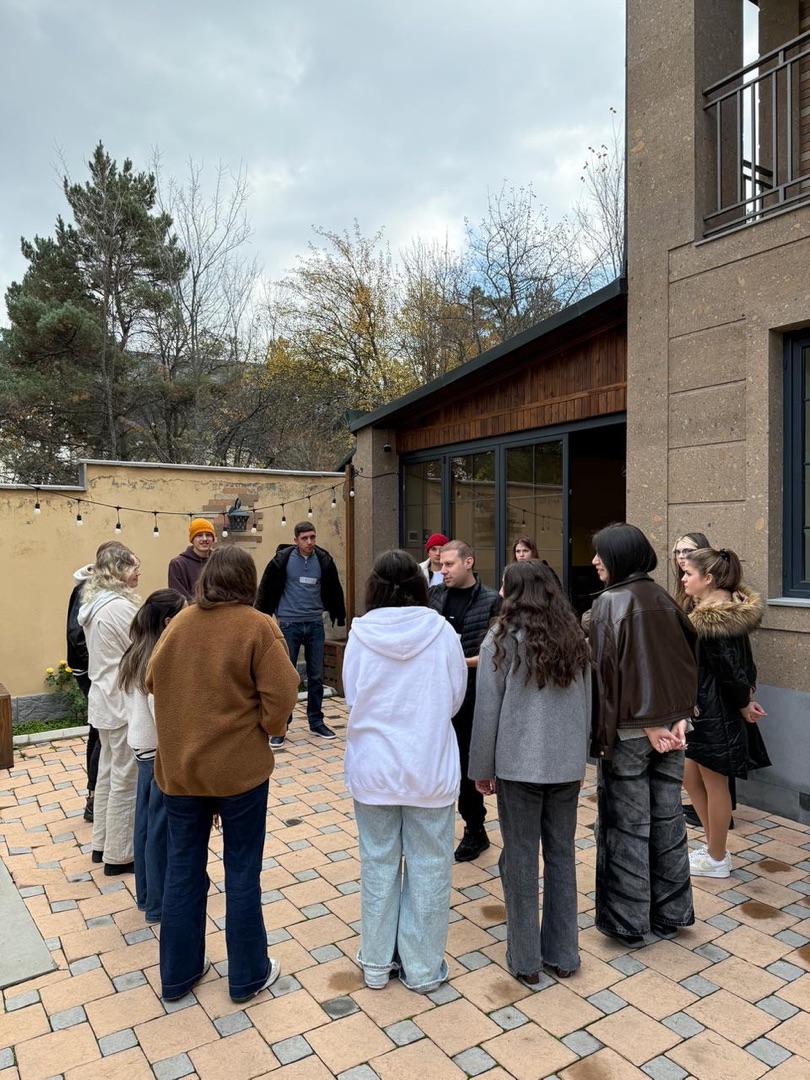
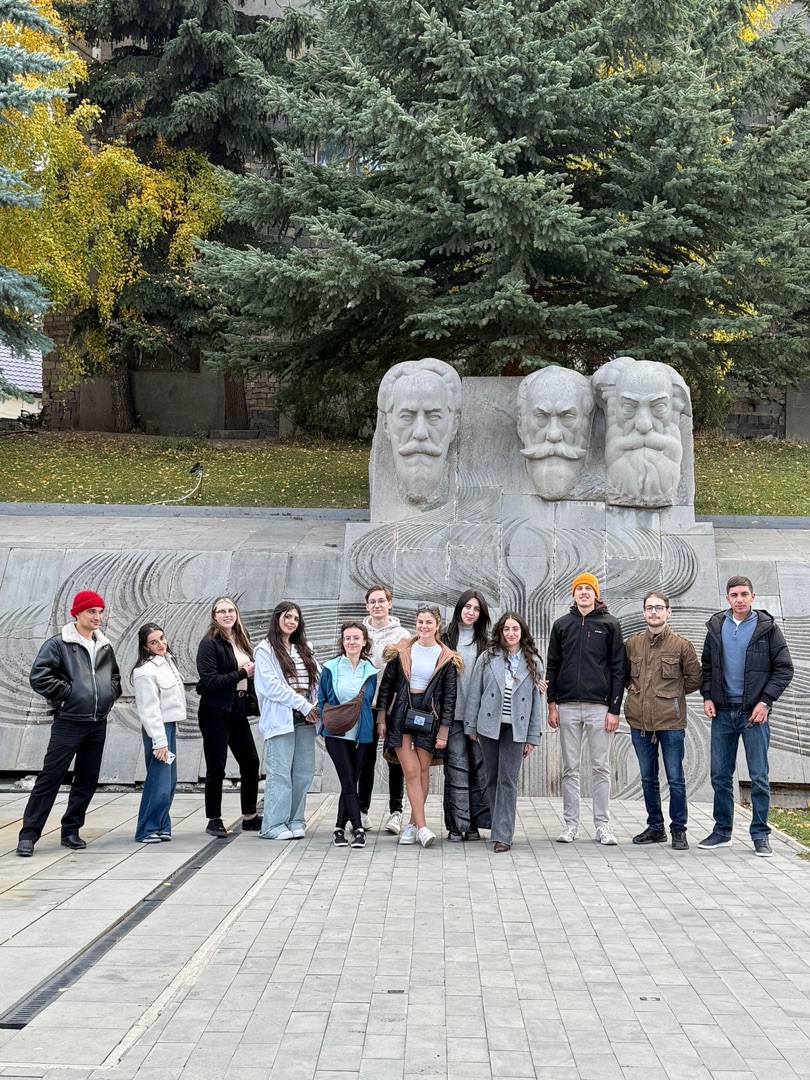
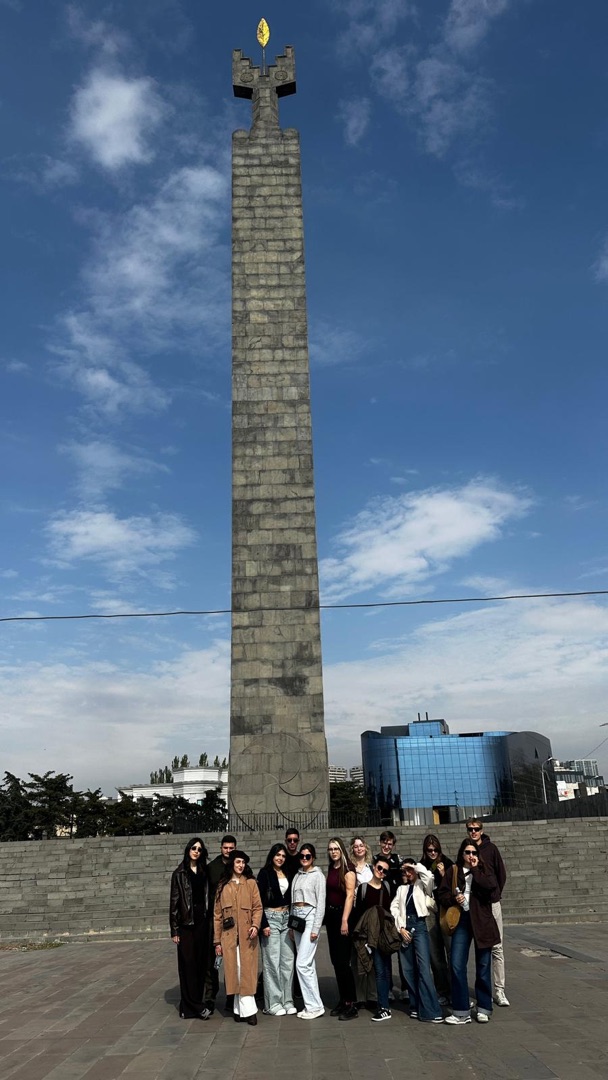
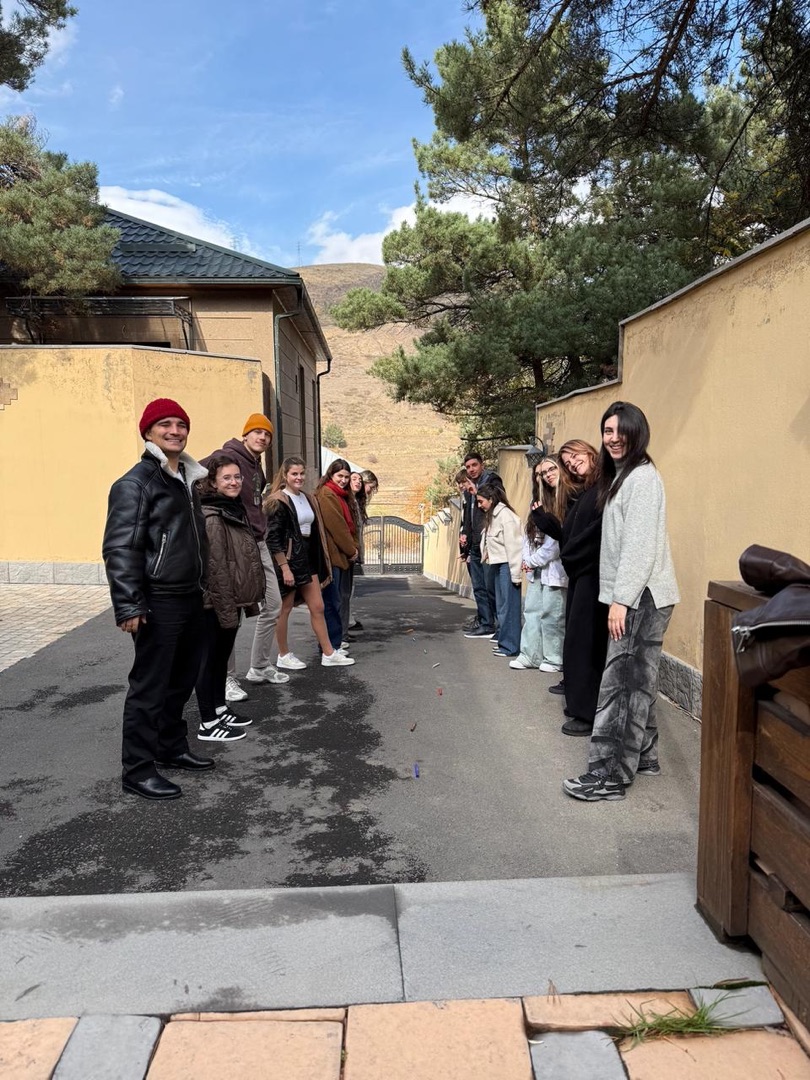

Co-Funded by the European Union. Views and opinions expressed are however those of the author(s) only and do not necessarily reflect those of the European Union or the Foundation for the Development of the Education System (FRSE). Neither the European Union nor FRSE can be held responsible for them.
The project focuses on the 5R principles (Refuse, Reduce, Reuse, Recycle, Rot) and the zero waste philosophy, providing practical solutions and inspiration for a more sustainable way of living. The G.E.A.R.S. project aims to develop and implement 10 interactive online modules on ecological practices, available in Polish, Slovak, and English. Another goal is the organization of 20 urban quests in Poland and Slovakia, allowing participants to explore local ecological initiatives. As part of the project, an educational comic book will also be created, illustrating participants’ journeys toward a more sustainable lifestyle. An essential component of the project is the development and accreditation of an educational program, which will be approved by the Ministry of Education in Slovakia and aligned with EU GreenComp standards. The final key activity involves the creation and distribution of “sustainability cabinets,” which will serve as educational spaces accessible to local communities.
Project parcipants:
The project is targeted at adults aged 21-60 who want to gain knowledge about ecology and apply it in their daily lives. It also includes adult educators and trainers looking for modern teaching tools for sustainability education. A key target group is local community members interested in learning about ecological initiatives in their surroundings. Additionally, the project addresses educational institutions and policymakers interested in supporting ecological educational programs.
The implementation of the project includes several key activities. First, project management will ensure smooth collaboration between partners and the timely execution of objectives. A crucial component is the transformation of an existing ecological education program into interactive online modules, allowing participants to acquire knowledge in a flexible and modern way. Practical activities will include urban educational quests—20 events in various cities across Poland and Slovakia, engaging participants in hands-on learning about sustainable lifestyles. A complementary element will be the creation of an educational comic book, which will present participants’ stories and ecological experiences in an accessible format. The project also includes the process of accrediting the educational program, which will enable its official recognition and integration into the adult education system in Slovakia. The final key activity involves the creation and distribution of sustainability cabinets, which will serve as local educational hubs and resources for individuals interested in ecological practices.

Funded by the European Union. Views and opinions expressed are however those of the author(s) only and do not necessarily reflect those of the European Union or the European Education and Culture Executive Agency (EACEA). Neither the European Union nor EACEA can be held responsible for them.
Nasze projekty
Partnerzy i finansowanie
Skontaktuj się
Spóldzielnia Socjalna
Zielone Śląskie
ul. Jana Siemińskiego 22
44-100 Gliwice
Zadzwoń: 579 643 667
